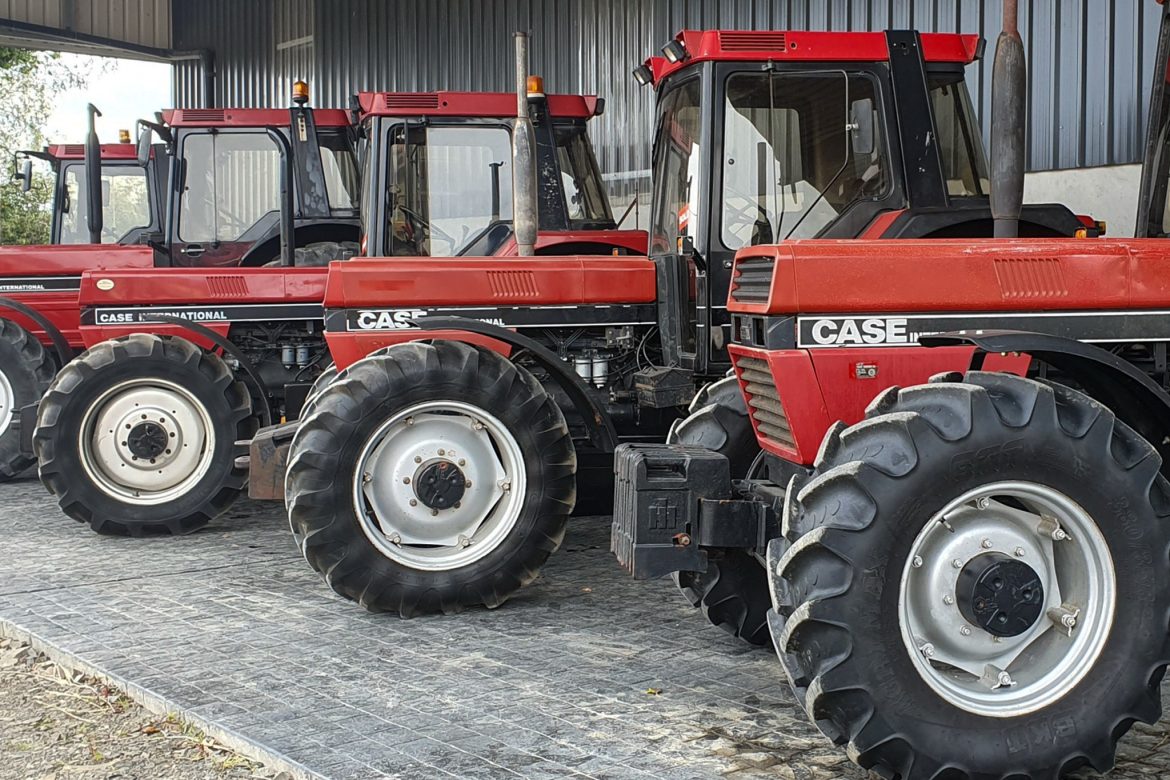
🚜 How to Choose the Right Agriculture Tires for Your Tractor: A Simple Farmer’s Guide
| May 31, 2025When it comes to farming, your tractor tires do more than just roll — they support your work, impact your crop yield, and keep your operations smooth. Choosing the right agriculture tires for your tractor can make a big difference in performance, safety, and efficiency.
Before diving in, if you’re new to the topic, check out our Introduction to Agriculture Tires — Why They Are Essential for Your Farm Equipment for a solid foundation. 🚜
In this guide, let’s break down everything you need to know — in simple terms — so you can make the best decision for your land and your livelihood. 🌱
🌾 1. Know the Different Types of Agriculture Tires
All tractor tires are not the same. Each type is designed for specific land conditions and tasks.
| 🛠️ Tire Type | 🌍 Best For |
| R1 | Dry, general-purpose farming |
| R1W | Wet or damp soil |
| R2 | Muddy, paddy fields |
| R3 | Turf or gardening |
| R4 | Industrial & loader work |
🧠 Tip: Check the sidewall markings (e.g., 18.4R38) — they tell you the width, rim size, and construction.
🔗 Explore Vizzoni’s tire collection for more options.
🌱 2. Think About Your Soil and Field Type
Soil makes a big difference in how your tires perform.
- Soft or sandy soil? Go for wide tires with shallow lugs to avoid sinking.
- Wet or clay-heavy fields? Choose deeper tread (like R1W or R2).
- Rocky terrain? You’ll need strong sidewalls and bias-ply tires.
📍 Example: Farmers in Maharashtra need tires for dry, hard soil. But in Punjab, where the fields are wet, R2 tires are a better fit.
🛻 3. How Will You Use Your Tractor?
Tire choice also depends on how you use your tractor.
🔄 If you use it mostly for:
- Fieldwork: You need deep treads for better traction.
- Road transport: Choose tires that resist wear and offer comfort at higher speeds.
💡 Field-focused? Pick R1 or radial tires.
🛣️ Need to travel? Try R4 industrial tires that work well on both soil and roads.
⚖️ 4. Don’t Forget Load Capacity & Tire Size
Matching your tire size to your tractor’s weight and power is very important.
- Too small? They’ll wear out faster.
- Too wide? You might damage your soil.
- Too narrow? You’ll lose traction.
📏 Make sure to check the load rating and rim size in your tractor’s manual or the tire’s label.
🧠 Pro Tip: Correct size = better fuel savings + longer tire life + smoother drive.
🔄 5. Radial vs Bias Tires – Which One’s Better?
Let’s keep it simple:
| 📌 Radial Tires | 🔧 Bias Tires |
| More comfort, flexible | Stronger sidewalls |
| Better grip on fields | Budget-friendly |
| Lasts longer | Tougher for off-road |
💸 Budget low? Go for bias.
🧑🌾 Want performance + comfort? Radial is worth it.
🧽 6. Maintenance = Money Saved
No matter which tire you choose, take care of them! Here’s how:
- ✅ Check air pressure weekly
- ✅ Clean mud and stones after work
- ✅ Look for cuts, cracks, or bulges
- ✅ Rotate tires every few months
🧠 A well-maintained tire can last 25–30% longer.
🔗 Check out Vizzoni’s tips for tire care
🛒 7. Where Should You Buy Your Tractor Tires?
Not all tires are created equal. Choose a trusted supplier that offers:
- ✅ Quality assurance
- ✅ Expert consultation
- ✅ Support after purchase
- ✅ Options for all soil types and budgets
🎯 Why Vizzoni?
We offer tested, affordable, and terrain-specific tires for Indian farmers. Whether you work in rice paddies or dry fields, we’ve got you covered.
📞 Need help? Talk to our team at Vizzoni
✅ Conclusion: Smart Tires = Smarter Farming
Your tractor tires aren’t just wheels — they’re a key part of your success. Choosing the right agriculture tires for your tractor means:
- 🚜 Better traction
- ⛽ Improved fuel use
- 🌾 Healthier crops
- 💰 More savings in the long run
Ready to upgrade your tires the smart way?
👉 Visit Vizzoni today to explore top-rated agriculture tires designed for your farm.



